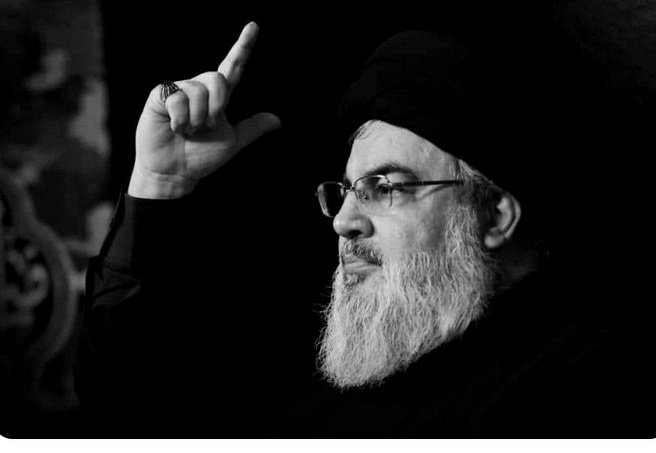
By Dr Khairi Janbek
Like Dorian Grey in Oscar Wild’s novel, we hated the face of Arab political realism in the 20th century when we saw it, and hated it more in the 21st century when we stopped seeing it.
Without much ado, the current ongoing war, or perhaps more accurately wars, in the Middle East, started by opportunists for opportunistic goals that converged. Hamas with its 7th October attacks knowing only too well that Israel has the most right-wing and racist government in its history, and must have known that the its retaliation would be most severe.
It stands the reason to think the more severe the better, because this is likely to involve what is called as the axis of resistance in Lebanon, Syria, Iraq, Yemen, and as a bonus Iran as well. But closer to home, Israel by making Gaza uninhabitable to the people is expected to cause an exodus towards Egypt thus bringing it into the conflict, and the inevitable thought of Israel moving into the West Bank, and the likely push out of the Palestinians towards Jordan will bring the country into the conflict as well.
For Israel, with its most extremist right wing and racist government, the attacks couldn’t have come at a more opportune time. The situation presented them with the opportunity of attempting to put what were merely theoretical ideas in their minds, into practical policies. Of course the root of what became a policy, is the rejection of an independent Palestinian state and the death of the two-state solution, by starting with breaking the Hamas grip in Gaza and transforming the area into a buffer zone with possible rebuilding of colonies/settlements on the area.
This is while the Gazans can be completely dependent on the good will of Israel for their survival, however, if the Arabs want to rebuild Gaza then by all means, but let them this time protect their investments by keeping actively the peace, and if Egypt can be persuaded to voluntarily taken in some Gazan refugees all the better!
Of course all eyes are also on the West Bank. Here Israel’s aim, one would say, is to turn the area into a “bantustan” totally dependent on Israel, with the trimmings of municipal power to the PNA to manage internal affairs while real control of the economic, political domains remain in Israel’s hands.
The Palestinians here would also be dependent on the Israeli economy, and relations between the West Bank and Jordan would be only possible with Israeli consent. If of course, Jordan would accept taking displaced Palestinians from the West Bank voluntarily, all the better as well.
Having said all that, where do we stand now after so much recent death and destruction? A total war? Whatever does that actually mean when Jordan has already its own war against drugs, Egypt and its problems with Ethiopia, Somalia, Syria between the hammer of Israel and the anvil of Iran, Iraq a soup for Americans, Iranian partisans and a non-descript government, Yemen teetering on the brink of losing the existential battle, while Iran obsessed with its nuclear programme. One would hazard a guess that total war means, the killing of Israeli civilians by Hezbollah.
Dr Janbek is a Jordanian writer based in Paris, France







